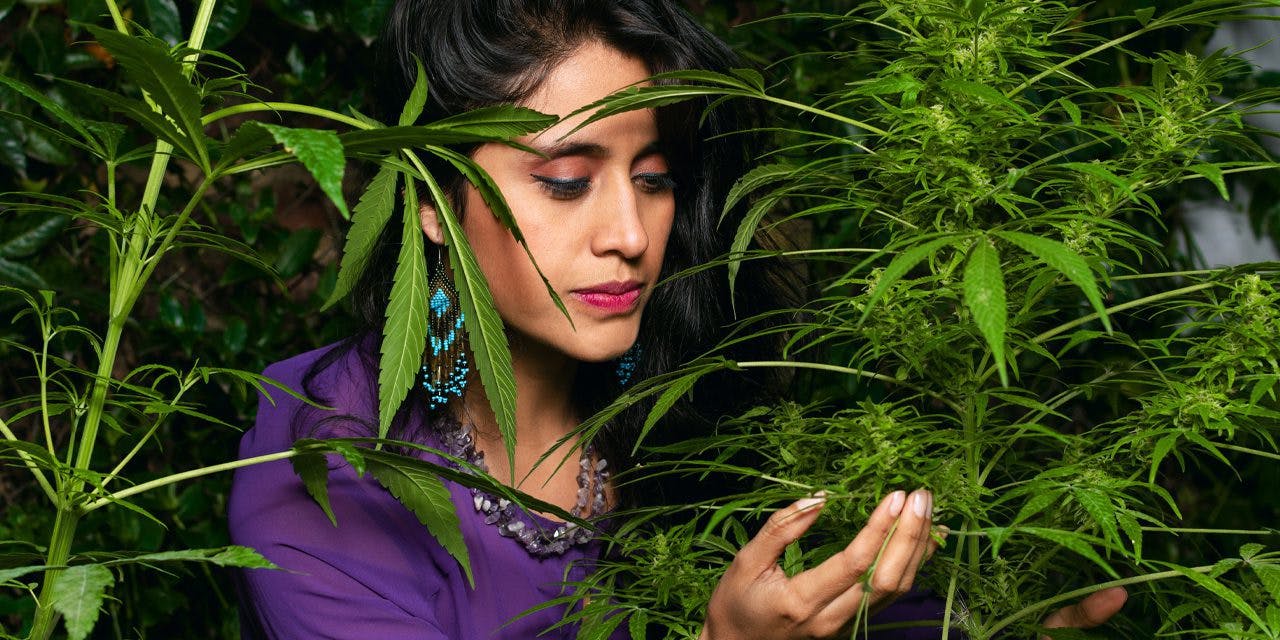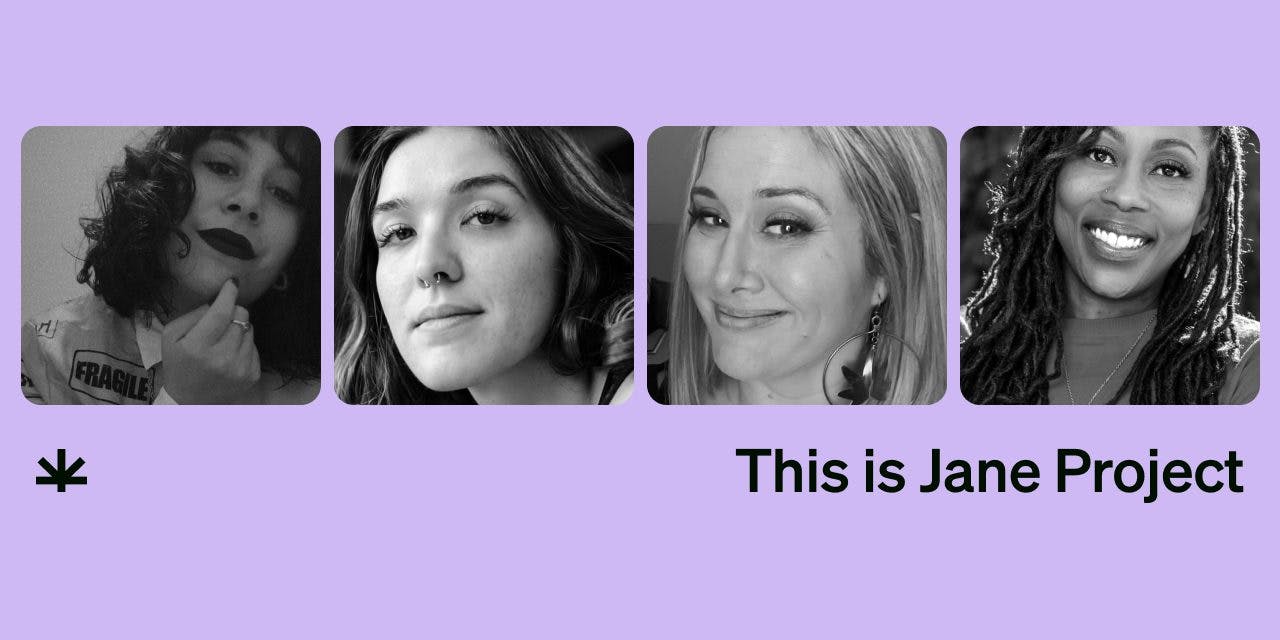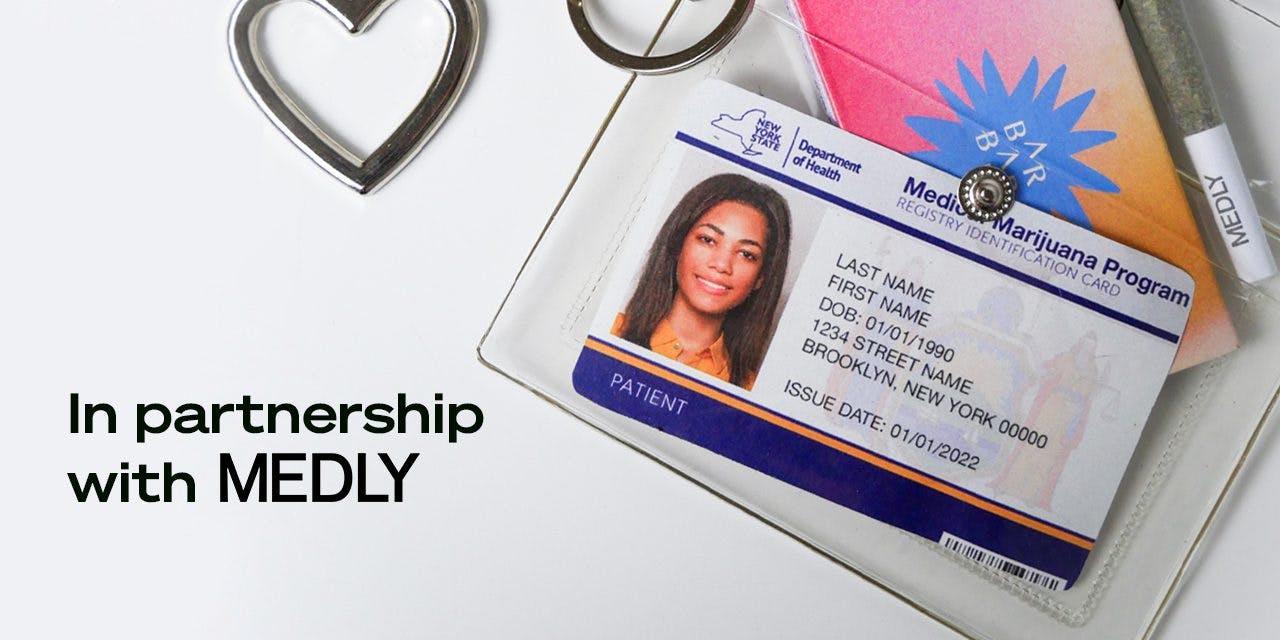Creating Cannabis Equity With Toi Hutchinson, President and CEO of the Marijuana Policy Project
Last updated on Oct 7, 2024
Created on Jun 14, 2023

Article written by

Jordan WoldSEO Content Writer
Content reviewed by

Dr. Lewis Jassey
The Marijuana Policy Project (MPP) is the nation’s leading organization working to legalize cannabis. No organization has had more success in passing laws or creating coalitions to end cannabis prohibition than the MPP.
We sat down with Toi Hutchinson, the Marijuana Policy Project’s president and CEO, to learn more about MPP’s mission, challenges, and the ways they’re working to change the legal landscape and create equity for the communities that have been affected most significantly by cannabis’s classification as a Schedule 1 Drug.
Leafwell: To start, could you tell us a bit about yourself and your background?
Toi Hutchinson: My name is Toi Hutchinson. I’m the president and CEO of the Marijuana Policy Project, one of the biggest and oldest nonprofit organizations working to change cannabis laws across this country.
I spent almost 11 years as an Illinois state senator, where I was one of four original drafters of Illinois’ cannabis legalization effort, the Cannabis Regulatory and Tax Act.
It was the first effort in the country that embedded equity principles into the legislation itself. And the net result is that we’ve given tens of millions of dollars directly back to the communities most harmed by the war on drugs.
Leafwell: Can you tell us a bit about the challenges the Marijuana Policy Project faces?
Toi Hutchinson: The work is nowhere near done. It will take a lot of people, like the 49% of the population who live in legal states — to care about the 51% of the population that does not [live in legal states].
There are tens of millions of people in prohibition states where you can still be arrested and lose everything (including your job, your livelihood, or your children) for possessing a plant that has a multi-billion dollar industry operating simultaneously [in legalized states].
And the impacts of that really fell the most heavily on Black and Brown communities. So that’s what I do, why I do it, and why the work is so wrapped around my heart.
Leafwell: What are some of the primary areas your team is focusing on right now?
Toi Hutchinson: I lead a team that goes into states that are trying to change cannabis laws. If you don’t think anybody should be arrested for this, the only way to change that is to change the statute, especially since we have a federal government that’s moving as slow as molasses as it relates to de-scheduling or rescheduling.
All the low-hanging fruit has been picked. We’re now moving into much harder territory where you can’t assume that when you put it on the board, it’s just going to pass. It’s going to take two and three cycles, even with incredibly strong popular support, in the most politically divisive environment that we’ve seen in decades.
[Because of this], we’ve launched the National Legalization Task Force. We’re [focusing our legalization efforts] on 10 states over the next three years; if [legalization happens in those states], then we get to where you’ll have 60 senators from adult-use authorized legal states, overriding the fillbuster. The sexy work might be in D.C., but the real work is in the states.
Leafwell: How do you reach people who don’t know a lot about cannabis or have been affected by the stigma?
Toi Hutchinson: It’s really important to meet every person where they’re at. I’ve never seen anyone change their mind on anything if they’re attacked. I try to meet people with facts and information but from the standpoint of listening first to understand their concerns.
Leafwell: Are there any common misconceptions you wish could be addressed and moved on from?
No one’s arguing that we want to legalize this for children. It’s not good for developing brains. Some people should never take a drink, and there are some people whose brain chemistry means they should never consume cannabis.
But you don’t know that until we talk about this as though it’s something out in the open, de-stigmatize it, and resource the hell out of it so that we can actually make communities and people healthier, better, and safer.
Leafwell: Can you talk a bit about what MPP is doing to help people who are incarcerated or facing charges?
Toi Hutchinson: We concentrate on trying to get the safest and most equitable laws we can in every state we operate in. And that also means you have to recognize the realities of the legislature you’re in front of.
Cannabis equity is centering on the people harmed most by the prohibition of [a plant] that we’re giving [others] permission [to use].
So that’s why I say, very simply, we can’t have a multi-billion dollar industry operating with impunity across this country while we arrest hundreds of thousands of people yearly for the same thing. That is a conflict of law that cannot stand.
Leafwell: What are your hopes and expectations for five years down the road?
Toi Hutchinson: I hope we get our 10 states in the next three years. You can go to MPP.org to find out more about that. Some amazing things are happening on the ground regarding the industry, like when I see Indigenous populations who see this as a reclamation of their own plant’s medical history.
I hope five years from now, veterans don’t lose their veterans’ benefits for cannabis use, especially not for things as serious as PTSD.
I’m hoping that in the next five years, we’ll have more voices, more moms speaking out, more doctors speaking out, and more law enforcement personnel seeing how these policies aren’t making communities safer. Overall, I want to get to a place where we can start telling the truth.
Leafwell: Is there anything else you’d like people to know about where the MPP is heading?
I’m going to do everything I can. My team is going to do everything we can. Our organization, our entire board of directors at Marijuana Policy Project, that’s what we believe in, that every day, every new state means we’re moving forward.
And the one thing we know is we can’t go back. I have a lot of faith and hope for the future. I know it feels hard right now. But I don’t know any other way to be. If we don’t like what it is right now, we have work to do. We’ve got to change it. Isn’t that the definition of a more perfect union? That it’s never perfect?
We’re always striving for a more perfect union. So for anybody who hears this, what role are you going to play?
To learn more about the Marijuana Policy Project, visit MPP.org.


